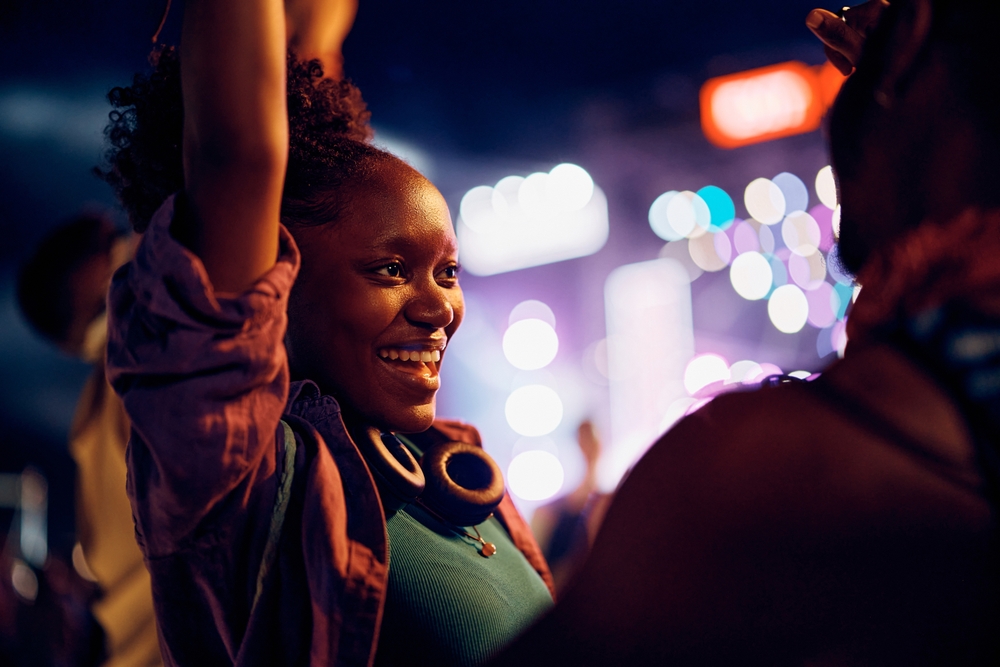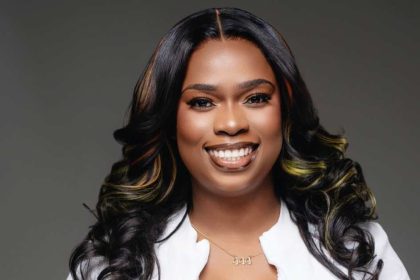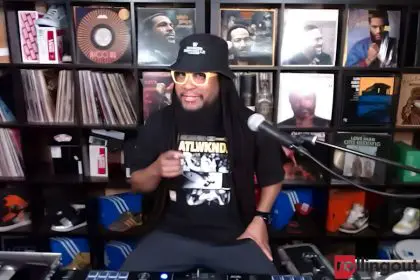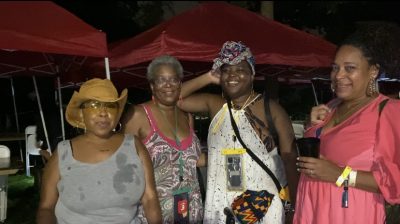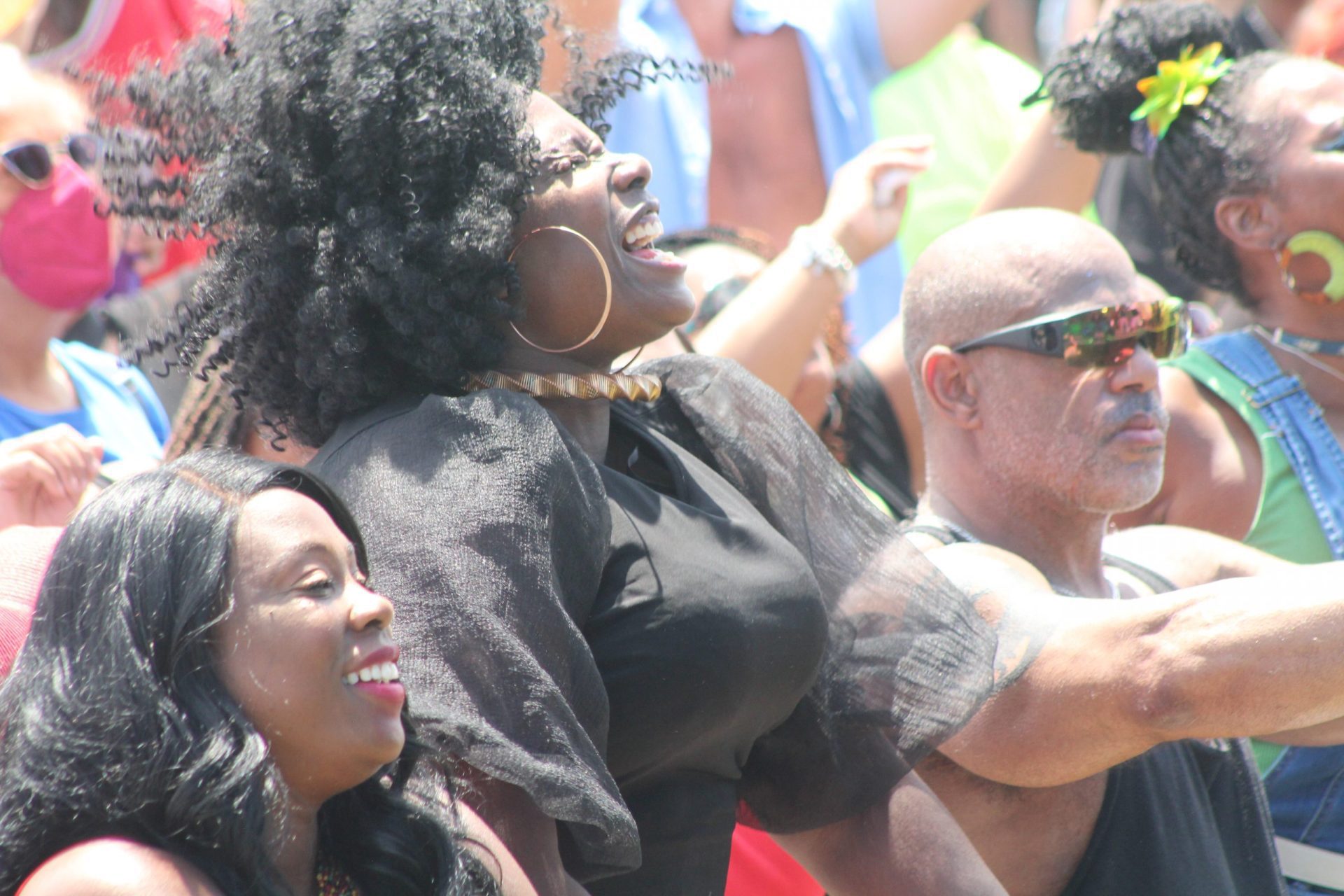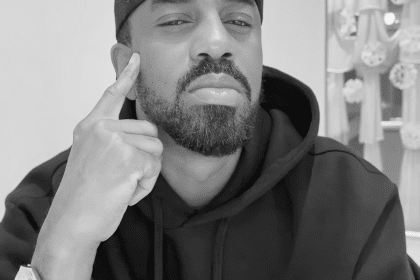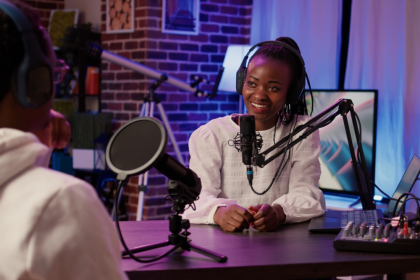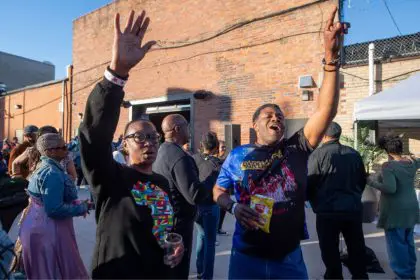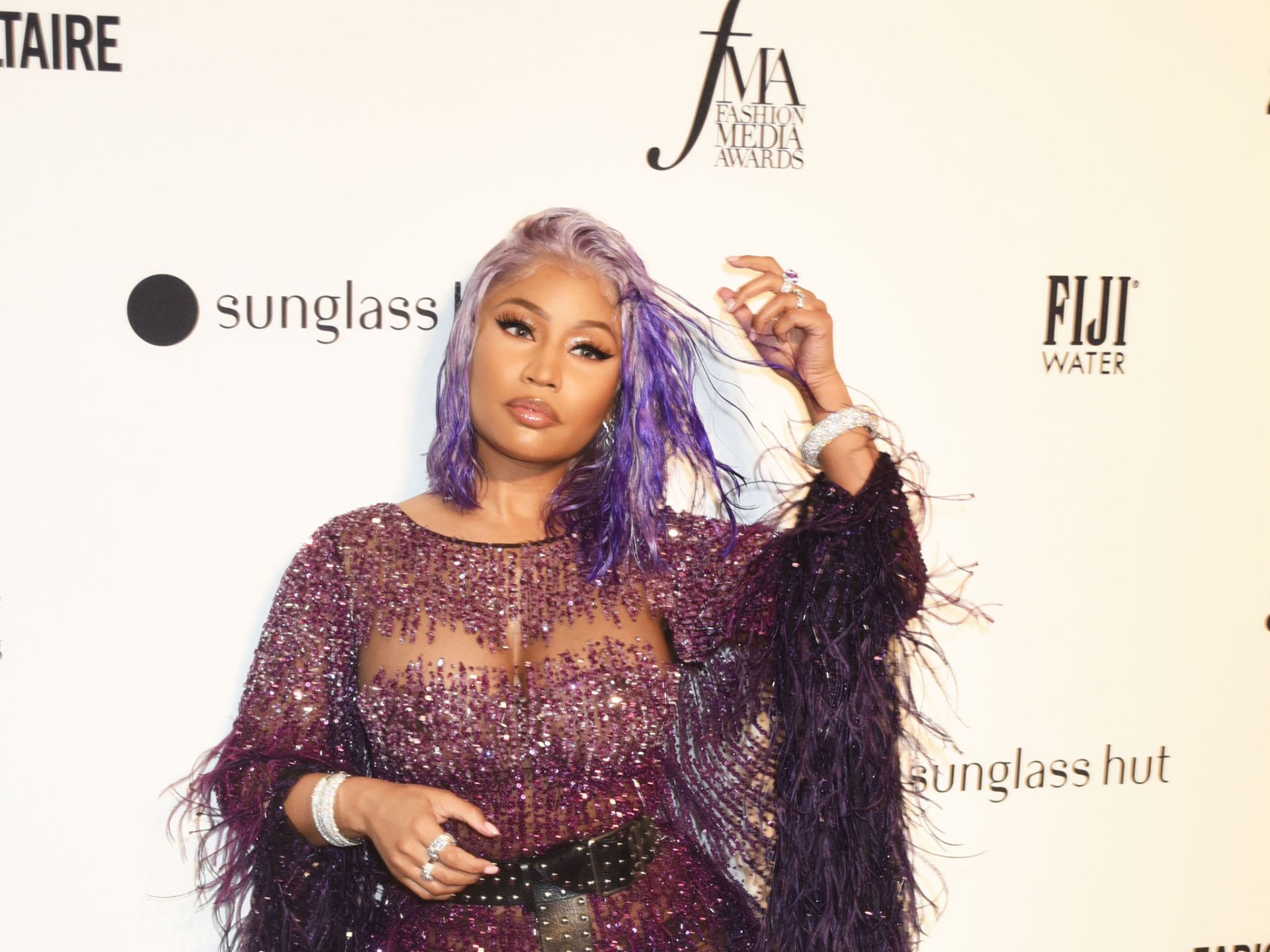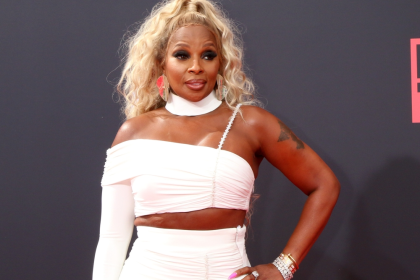House music, a genre that originated in the early 1980s in Chicago, has a rich and diverse history. However, it has often been associated with the LGBTQ+ community, leading some to label it as “gay music.” This perception stems from several cultural, historical and social factors that have intertwined house music with LGBTQ+ culture. In this article, we’ll explore why some people think house music is “gay” music, examining its origins, the communities that embraced it and its cultural significance.
The origins of house music
House music emerged in Chicago’s underground club scene during the early 1980s. It was influenced by disco, electronic dance music and elements of soul and funk. Pioneers like Frankie Knuckles — often referred to as the “godfather of house music” — played a crucial role in shaping the sound and culture of House music. These early House music scenes were safe havens for marginalized communities, particularly for African Americans and LGBTQ+ individuals, who faced discrimination in mainstream society.
House music and the LGBTQ+ community
From its inception, house music was deeply connected to the LGBTQ+ community. Clubs like The Warehouse in Chicago — where Knuckles was a resident DJ — became iconic spaces for the gay community. These clubs provided a refuge where people could express themselves freely, away from societal judgment and persecution. The music itself — with its repetitive beats and uplifting rhythms — created an inclusive and liberating atmosphere that resonated with many LGBTQ+ individuals.
The association between house music and the LGBTQ+ community was further strengthened by the rise of ballroom culture in New York City. Ballroom culture — predominantly consisting of LGBTQ+ people of color — embraced house music as a soundtrack for their voguing and dance competitions. This cultural crossover cemented house music’s reputation within LGBTQ+ circles and contributed to its perception as “gay” music.
Cultural significance and media representation
The portrayal of House music in media and popular culture has also contributed to its association with the LGBTQ+ community. Films, documentaries and music videos often depict house music scenes in the context of LGBTQ+ nightlife and celebrations. This representation has helped to solidify the genre’s image as being closely linked to gay culture.
Moreover, many prominent figures in the house music scene have been openly LGBTQ+, further reinforcing this connection. Artists like RuPaul, who achieved mainstream success with hits like “Supermodel (You Better Work),” often incorporated house music elements into their work, blending the genres and promoting LGBTQ+ visibility.
Misconceptions and stereotypes
While the association between house music and the LGBTQ+ community is historically and culturally significant, it has also led to misconceptions and stereotypes. Some people may label house music as “gay” music as a way to marginalize the genre or those who enjoy it. This stereotype can be limiting and ignores the diversity of house music fans and artists.
House music, like any genre, transcends labels and is appreciated by people from all walks of life. Its universal themes of love, unity and freedom resonate with a broad audience, regardless of their sexual orientation or gender identity.
The universal appeal of house music
One of the key reasons why house music has endured and evolved over the decades is its universal appeal. The genre’s infectious beats, soulful vocals and uplifting messages create a sense of euphoria and connection that transcends cultural and social boundaries. House music festivals and events attract diverse crowds, demonstrating its widespread popularity.
The global reach of house music is evident in its influence on various subgenres and fusion styles. From deep house to tech house, the genre continues to innovate and inspire new generations of music lovers. DJs and producers from around the world contribute to the ever-evolving sound of house music, further highlighting its inclusivity and adaptability.
Celebrating the roots and embracing the future
Understanding why some people think house music is “gay” music requires an appreciation of its historical context and cultural significance. The genre’s deep roots in the LGBTQ+ community are a testament to its role as a source of empowerment and liberation. However, it is important to celebrate house music for its broader impact and the joy it brings to countless individuals worldwide.
House music’s legacy is one of inclusivity, resilience and creativity. By acknowledging its origins and the communities that have shaped it, we can appreciate the genre’s rich tapestry and its ongoing evolution. As house music continues to inspire and unite people across the globe, its true essence lies in its ability to bring joy, freedom and connection to all who embrace it.
House music’s association with the LGBTQ+ community is a significant part of its history and cultural identity. While some may label it as “gay” music, it is essential to recognize the genre’s universal appeal and the diverse communities that have contributed to its growth. House music is a celebration of life, love and liberation, resonating with anyone who seeks to experience its infectious rhythms and uplifting spirit.
This story was created using AI technology.

